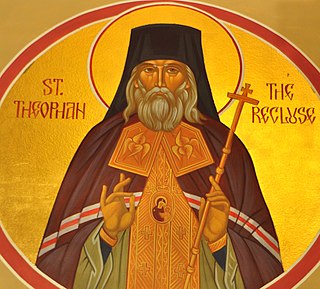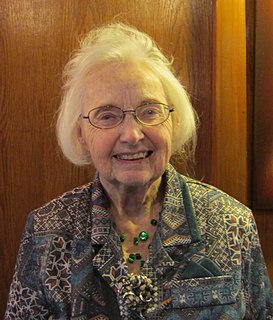A Quote by Horace Mann
The soul of the truly benevolent man does not seem to reside much in his own body. Its life, to a great extent, is a mere reflex of the lives of others. It migrates into their bodies, and identifying its existence with their existence, finds its own happiness in increasing and prolonging their pleasures, in extinguishing or solacing their pains.
Related Quotes
Private property is a natural fruit of labor, a product of intense activity of man, acquired through his energetic determination to ensure and develop with his own strength his own existence and that of his family, and to create for himself and his own an existence of just freedom, not only economic, but also political, cultural and religious.
Is it not remarkable that the common repute which we all give to attorneys in the general is exactly opposite to that which every man gives to his own attorney in particular? Whom does anybody trust so implicitly as he trusts his own attorney? And yet is it not the case that the body of attorneys is supposed to be the most roguish body in existence?
It is God's earth out of which man is taken. From it he has his body. His body belongs to his essential being. Man's body is not his prison, his shell his exterior, but man himself. Man does not "have" a body; he does not "have" a soul; rather he "is" body and soul. Man in the beginning is really his body. He is one. He is his body, as Christ is completely his body, as the Church is the body of Christ
Must love be ever treated with profaneness as a mere illusion? or with coarseness as a mere impulse? or with fear as a mere disease? or with shame as a mere weakness? or with levity as a mere accident? whereas it is a great mystery and a great necessity, lying at the foundation of human existence, morality, and happiness,--mysterious, universal, inevitable as death.
Bound to seek recognition of its own existence in categories, terms, and names that are not of its own making, the subject seeks the sign of its own existence outside itself, in a discourse that is at once dominant and indifferent. Social categories signify subordination and existence at once. In other words, within subjection the price of existence is subordination.
Your actions are your own. Your choices are your own. Each of us carries a burden of guilt for decisions made or not made. You can let that rule your whole life or you can put it behind you and move on. Only a madman lets jealousy determine the course of his existence. Only a weak man blames others for his own errors.
[S]uppose the mind of [a] friend of humanity were clouded over with his own grief, extinguishing all sympathetic participation in the fate of others; he still has the resources to be beneficent to those suffering distress, but the distress of others does not touch him because he is sufficiently busy with his own; and now, where no inclination any longer stimulates him to it, he tears himself out of his deadly insensibility and does the action without any inclination, solely from duty.
Man—every man—is an end in himself, not a means to the ends of others; he must live for his own sake, neither sacrificing himself to others nor sacrificing others to himself; he must work for his rational self-interest, with the achievement of his own happiness as the highest moral purpose of his life.
The one function that most gods seem to have in common is to give human existence some ultimate purpose - and, while it is not possible to disprove an ultimate purpose, there does not seem to be any evidence for it. This is not to say, of course, that there is no purpose in life at all: we all make our own purposes as we go through life. And life does not lose its value simply because it it not going to last forever.
Every man is of importance to himself, and, therefore, in his own opinion, to others; and, supposing the world already acquainted with his pleasures and his pains, is perhaps the first to publish injuries or misfortunes which had never been known unless related by himself, and at which those that hear them will only laugh, for no man sympathises with the sorrows of vanity.





































